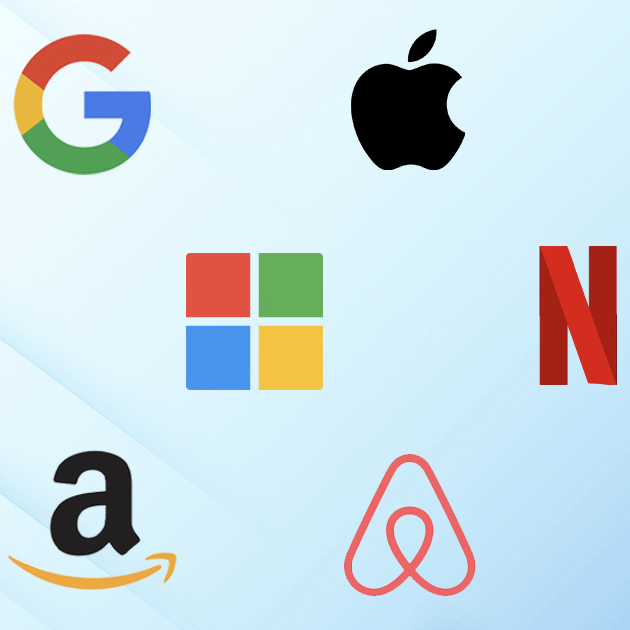
Big Tech
Often refers to the "Big 5": Google, Meta, Amazon, Apple, and Microsoft. They have all broken the 1 trillion dollar mark at some point and are premier career destinations for software engineers.
Explore Interview QuestionsTaro 75Google Interview QuestionsMeta Interview QuestionsAmazon Interview QuestionsApple Interview QuestionsNetflix Interview Questions
Explore Interview ExperiencesOpenAI Interview ExperiencesAnthropic Interview ExperiencesPerplexity Interview ExperiencesWindsurf Interview ExperiencesMistral AI Interview Experiences